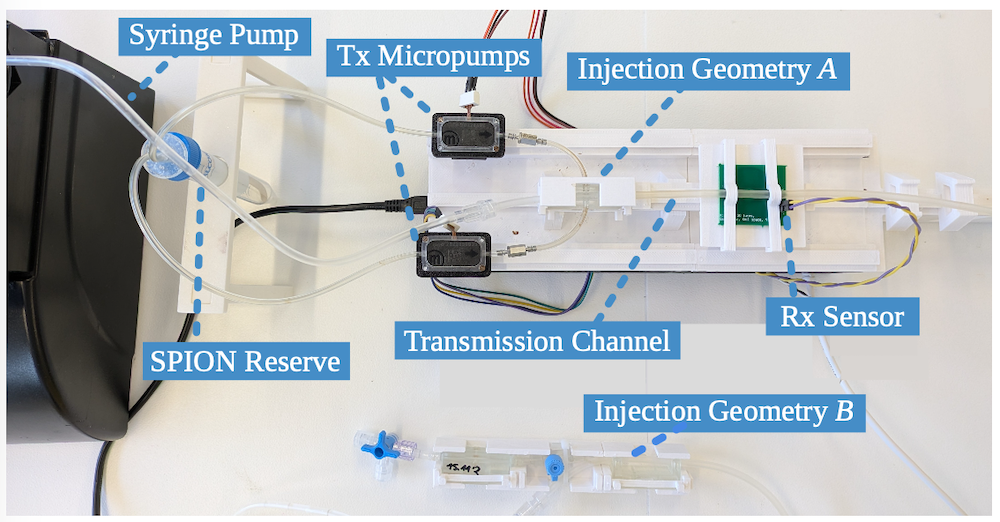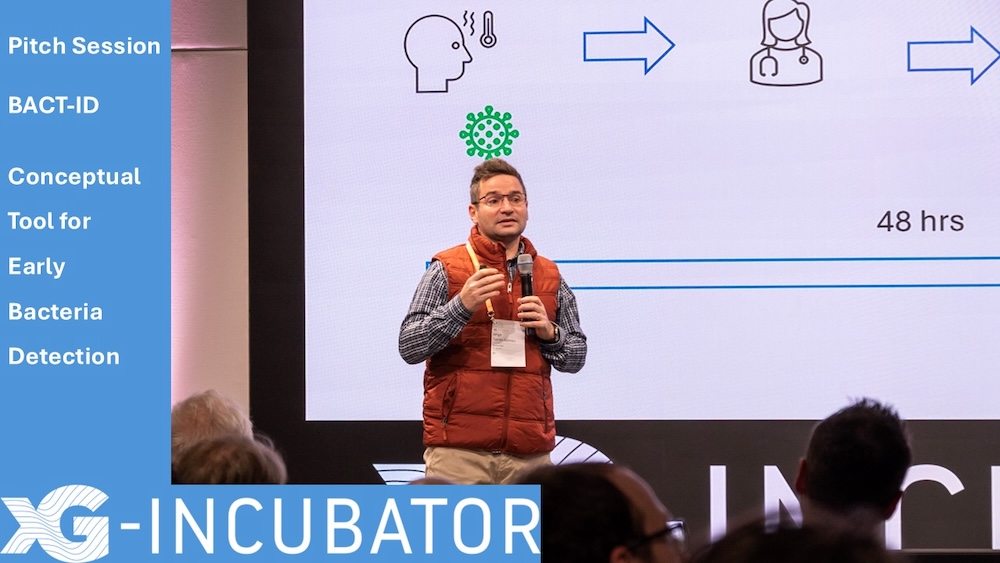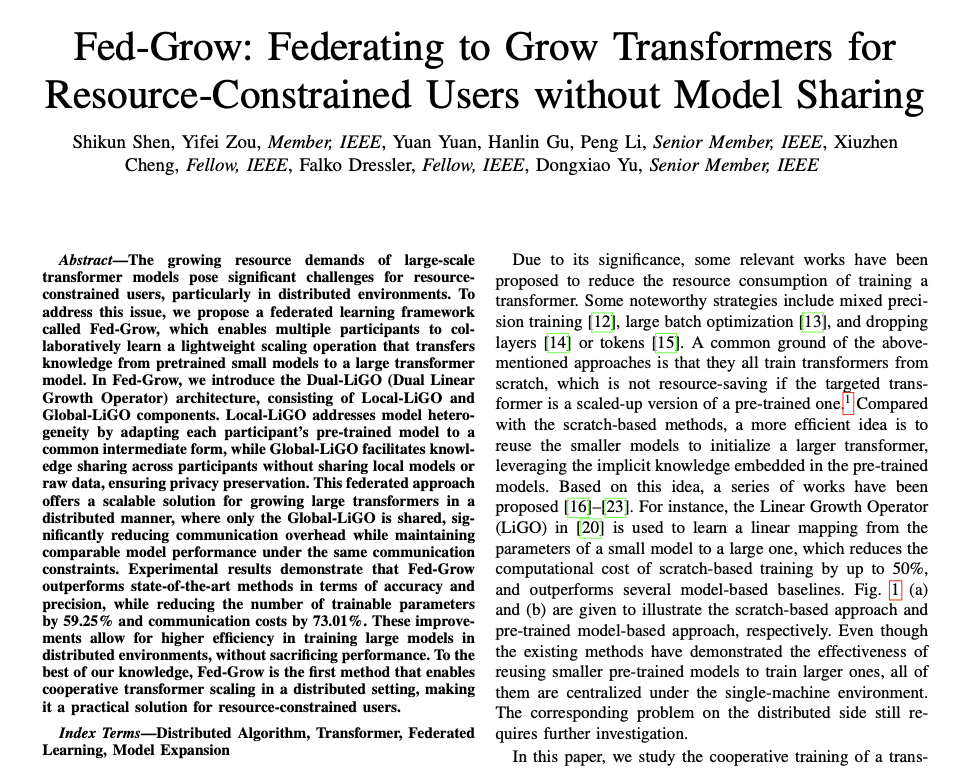e2phone - Offloading Strategies for Energy Efficient Smartphones


Team @ CCS
Funding
- VIED (Vietnam International Education Development)
Project Time
- 03/2015 - 02/2019
Description
The number of smartphones has increased rapidly over the last few years. According to Cisco, smartphones is expected to reach 66 percent of mobile data traffic and, correspondingly, the global mobile traffic is predicted to exceed 15 exabytes by 2018. It is known as the explosion of data traffic over cellular networks. Additionally, battery lifetime is one of main concerns in smartphone development and applications. Current battery technologies have difficulties to keep up with the rapid increment of mobile device functionality which requires heavy computation and high bandwidth. One possible solution to deal with the continued growth of mobile data and reduce the pressure on battery capability is to use data offloading.
The offloading efficiency on the power consumption of smartphones depends on several factors such as the types of applications, the algorithm for offloading, the mobile systems use offloading, and also the infrastructures for offloading. In this research, I mainly focus on the network parameters that affect the offloading performance. During the offloading process, smartphones have to perform a lot of network operators. Therefore, the knowledge from the network is extremely important. In context collection stage, such information of network condition like signal-to-noise ratio, potential offloading targets, connection detail, wireless fingerprint information, etc., is the valuable input for the offloading decision. In data transmission stage, the traffic load and the amount of data transfer may help to determine how much data should be offloaded.
Additionally, the network technologies and protocols greatly affect the level of energy dissipation on smartphones. Due to unstable network conditions, the switching between the networks and the roaming technique also need to be scrutinized. However, it is not easy to make offloading decision just based on the raw data of network parameters. There must be a way to present the relationship between these parameters and the power consumption during the offloading process. The aim of this research is to investigate if it is possible to build up an energy consumption model that support making offloading decision for energy efficiency.
Selected Publications
2020
Journals and Magazines
 Quang-Huy Nguyen and Falko Dressler, "A Smartphone Perspective on Computation Offloading – A Survey," Elsevier Computer Communications, vol. 159, pp. 133–154, June 2020.
[DOI, BibTeX, PDF, More details]
Quang-Huy Nguyen and Falko Dressler, "A Smartphone Perspective on Computation Offloading – A Survey," Elsevier Computer Communications, vol. 159, pp. 133–154, June 2020.
[DOI, BibTeX, PDF, More details] Quang-Huy Nguyen, Michel Morold, Klaus David and Falko Dressler, "Car-to-Pedestrian Communication with MEC-Support for Adaptive Safety of Vulnerable Road Users," Elsevier Computer Communications, vol. 150, pp. 83–93, January 2020.
[DOI, BibTeX, PDF, More details]
Quang-Huy Nguyen, Michel Morold, Klaus David and Falko Dressler, "Car-to-Pedestrian Communication with MEC-Support for Adaptive Safety of Vulnerable Road Users," Elsevier Computer Communications, vol. 150, pp. 83–93, January 2020.
[DOI, BibTeX, PDF, More details]
2019
Conferences and Workshops
 Quang-Huy Nguyen, Michel Morold, Klaus David and Falko Dressler, "Adaptive Safety Context Information for Vulnerable Road Users with MEC Support," Proceedings of 15th IEEE/IFIP Conference on Wireless On demand Network Systems and Services (WONS 2019), Wengen, Switzerland, January 2019, pp. 28–35.
[DOI, BibTeX, PDF, More details]
Quang-Huy Nguyen, Michel Morold, Klaus David and Falko Dressler, "Adaptive Safety Context Information for Vulnerable Road Users with MEC Support," Proceedings of 15th IEEE/IFIP Conference on Wireless On demand Network Systems and Services (WONS 2019), Wengen, Switzerland, January 2019, pp. 28–35.
[DOI, BibTeX, PDF, More details]
2016
Conferences and Workshops
 Quang-Huy Nguyen, Johannes Blobel and Falko Dressler, "Energy Consumption Measurements as a Basis for Computational Offloading for Android Smartphones," Proceedings of 14th IEEE/IFIP International Conference on Embedded and Ubiquitous Computing (EUC 2016), Paris, France, August 2016.
[DOI, BibTeX, PDF, More details]
Quang-Huy Nguyen, Johannes Blobel and Falko Dressler, "Energy Consumption Measurements as a Basis for Computational Offloading for Android Smartphones," Proceedings of 14th IEEE/IFIP International Conference on Embedded and Ubiquitous Computing (EUC 2016), Paris, France, August 2016.
[DOI, BibTeX, PDF, More details] Quang-Huy Nguyen and Falko Dressler, "The Accuracy of Android Energy Measurements for Offloading Computational Expensive Tasks," Proceedings of 17th ACM International Symposium on Mobile Ad Hoc Networking and Computing (MobiHoc 2016), Poster Session, Paderborn, Germany, July 2016, pp. 393–394.
[DOI, BibTeX, PDF, More details]
Quang-Huy Nguyen and Falko Dressler, "The Accuracy of Android Energy Measurements for Offloading Computational Expensive Tasks," Proceedings of 17th ACM International Symposium on Mobile Ad Hoc Networking and Computing (MobiHoc 2016), Poster Session, Paderborn, Germany, July 2016, pp. 393–394.
[DOI, BibTeX, PDF, More details]







